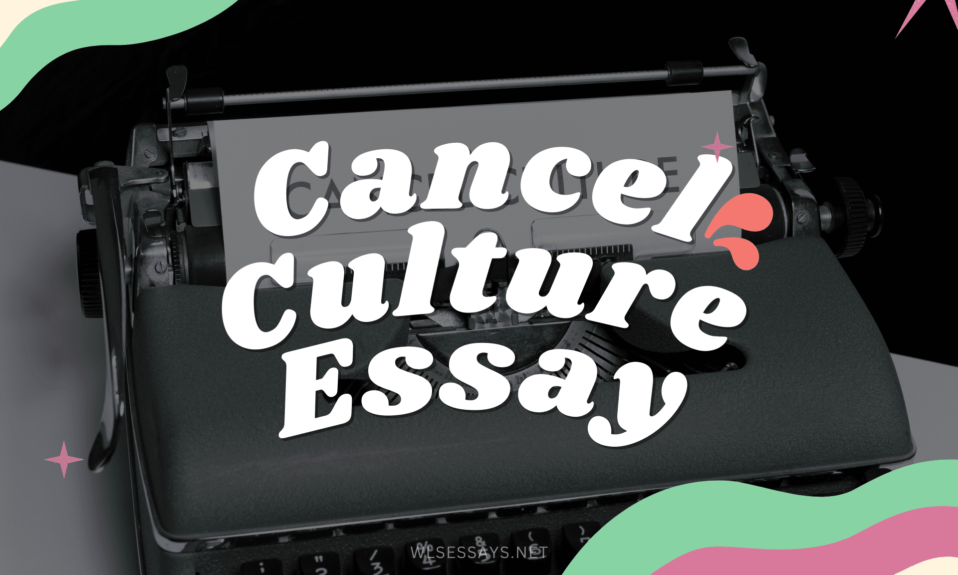Should college really be free? It’s a question that has been asked countless times, and its answer is far from simple. The affordability of higher education and the ever-growing student debt crisis are major factors to consider. Like any significant decision, there are pros and cons to the idea of tuition-free college. So, let’s delve into the advantages and disadvantages of making college accessible without financial burden. For students who still find themselves struggling with coursework, the option to pay for homework can provide much-needed relief. This approach allows them to focus on broader academic or personal goals while ensuring their assignments are completed on time. Balancing responsibilities is crucial in any educational journey, and having the right support can make all the difference.
Should College Be Free? 4 Benefits
Let’s start by exploring the benefits of free college education.
Liberation from Crushing Student Debt
Graduating with less than $10,000 in student loan debt is considered fortunate for American college students (while the current average hovers around $37,700). In contrast, students from countries where college is already free usually face minimal or no student loan debt. Their expenses mostly revolve around day-to-day living, academic materials, and books.
By relieving the weight of student loan debt, more college graduates would have the opportunity to invest in things like homes instead of renting apartments, purchasing cars, affording healthier food options, and even indulging in occasional vacations. In essence, this would boost their contribution to the economy and have a myriad of benefits for the entire nation, including reduced healthcare costs.
Empowering Lower Income Students to Graduate
Financial inability often forces students to drop out before completing a four-year degree. Shockingly, over 50% of students in public universities abandon their education due to financial constraints! Additionally, 79% of students face prolonged graduation timelines as they switch to part-time studies or return later to complete their education due to financial pressures.
Implementing free college education would eliminate this barrier to graduation. Consequently, college graduation rates would improve, as fewer students would feel compelled to drop to part-time status or take educational breaks purely because of financial limitations.
Students Can Embrace Freedom in Choosing their Ideal Major
It’s not uncommon for students to feel pressured by societal expectations or financial concerns when selecting a college major. The potential burden of student loan debt after graduation often sways their decisions, leading them to opt for more “practical” majors that promise higher income, rather than pursuing their true passions and interests.
Imagine a world where college education is free. In such a scenario, parents and students would feel more at ease exploring majors that align with their true calling, regardless of the potential financial return. Finding genuine interest and enjoyment in their chosen field of study not only improves students’ motivation and commitment but also significantly boosts graduation rates, helping them avoid burnout.
Boosting College Attendance for a Broader Reach
Imagine if the hefty price tag of a college education was a thing of the past. Picture a world where more students, regardless of their financial situation, could have the opportunity to attend college. The result? A well-educated workforce equipped with sharp critical thinking skills and a surge of innovation rippling through various industries and society as a whole.
Should College Be Free? 4 Drawbacks
There are a number of downsides that come with tuition-free college as well.
Identifying the Funding Source
A key question arises when discussing the implementation of a tuition-free college policy in America: where will the necessary funds originate? While perspectives may differ on the exact distribution, it is likely that higher taxation will fall on the more affluent segments of society. This could impact not only the upper middle class and high-income earners but also involve Wall Street speculation taxes.
Acknowledging the Importance of College
Introducing a tuition-free college experience has the potential to inadvertently lead some students to undervalue the significance of education. With no financial cost attached, students may approach their enrollment without a clear direction or commitment to a major. There is the possibility of changing majors frequently, dedicating less time to studying, or even skipping classes. Such behavior could stem from individuals who are not genuinely suited for college but enroll under parental pressure or a desire to maximize their “return on investment.” For some, the realization of the true cost of each class, borne by themselves or their families, serves as the ultimate motivator.
Should a significant number of students adopt this mindset, it may result in valuable resources being diverted from more dedicated scholars and, consequently, lead to higher taxes.
Declining Standards and the Evolution of College Education
With colleges and universities facing potential financial constraints, maintaining exceptional educational experiences for students may prove challenging. Faculty and staff salary reductions, delayed equipment upgrades, and neglected campus infrastructure could become prevalent issues.
When students invest in college, their tuition fees not only contribute to their own education but also support vital investments such as repairs, updated library resources, and campus enhancements.
An Increase in College Enrollment is Within Reach
Implementing free college education could inadvertently impact the value of a degree. As accessibility rises, it may become more commonplace, potentially leading to salary decreases for bachelor’s degree holders. Additionally, oversaturation could result in individuals working in positions where they are overqualified or certain fields requiring a master’s degree when it was previously unnecessary.
However, colleges encounter physical constraints. With a surge in applications, more students could find themselves on waitlists, making admission to less competitive institutions increasingly challenging.
What if college was tuition-free? Would private institutions survive?
If college were made completely free, we might witness the decline of private schools in comparison to public ones. Since private institutions heavily rely on tuition, endowments, and donations from alumni for their funding, competing with free public colleges could potentially force many private schools to shut down. This could potentially limit job opportunities for professors and lead to the demise of numerous exceptional programs.
So, should college education be accessible to all without any cost? The answer to this question is not as straightforward as it may appear. While free tuition could bring about various improvements to society, there are significant challenges that must be overcome before it can become a reality. What are your thoughts? We would love to hear your reasoning behind why you believe college should be made free!










